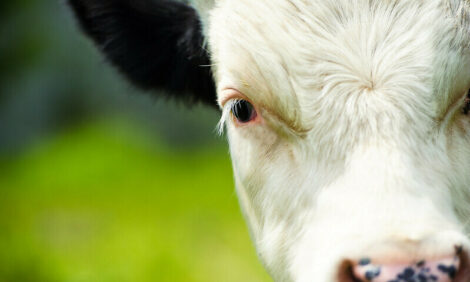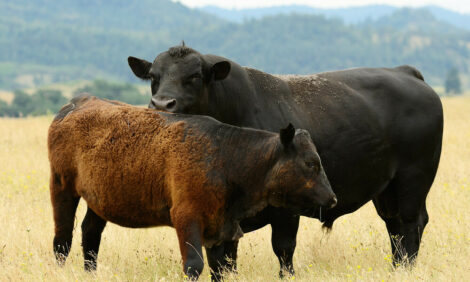



Too Much Vitamin E Leads To Mastitis
THE NETHERLANDS - In a field study of 300 Dutch dairy cattle, Doctoral Candidate Ruth Bouwstra unexpectedly found a negative effect caused by vitamin E supplements.In the study, the dairy cattle that were temporarily not producing milk and that had received vitamin E supplements had a significantly higher chance of developing mastitis than cattle that received less vitamin E.
Vitamin E is a powerful antioxidant. Normally, antioxidants prevent oxygen radicals from harming the body, and it is generally assumed that antioxidants have a positive health effect. For that reason, supplements containing antioxidants intended for consumption by humans and animals are very popular. The study was originally conducted to illustrate the positive effect of vitamin E, but the results of the study showed that extra vitamin E in the cow’s diet had a negative effect on the health of the cow’s udders. The researchers were very surprised at this unexpected result of their study.
One possible cause of this negative effect could be that some cattle that received extra vitamin E displayed an increase in the damage caused by oxygen radicals, instead of the expected decrease, and a high level of this type of damage seems to be linked to a higher risk of mastitis. Some cows that already had higher levels of vitamin E in their blood before they stopped giving milk, and which then received vitamin E supplements during their dry period, were observed to have more damage due to oxygen radicals.
From this, Ruth Bouwstra concluded that not every dry cow requires vitamin E supplements. According to her, the animal’s vitamin E levels should be tested before it is given any extra vitamin E.
TheCattleSite News Desk


